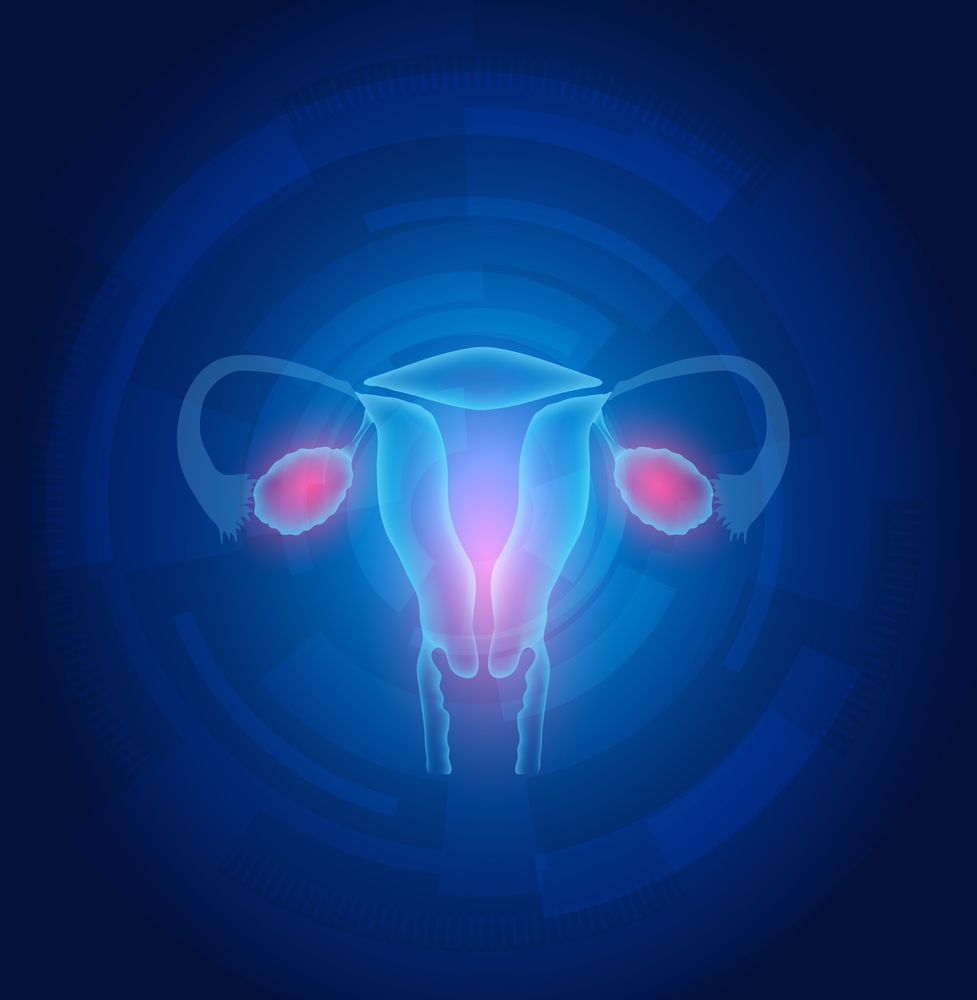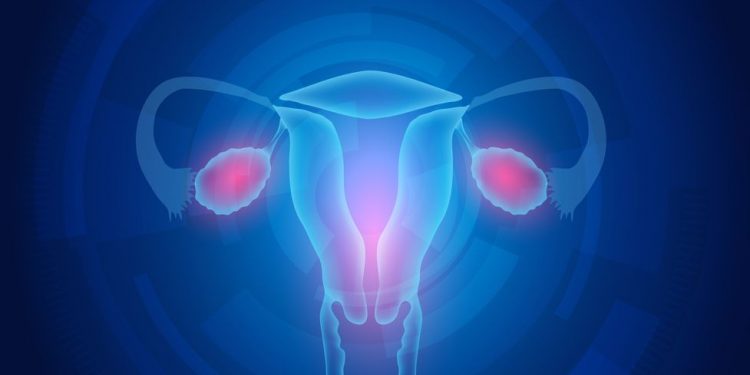Symptoms of ovarian cancer vary depending on the type and stage of the disease. They may be subtle or noticeable. If you have any symptoms that you believe may be related to ovarian cancer, you should visit your doctor.
Some symptoms of ovarian cancer include difficulty eating and finishing meals, difficulty breathing, loss of appetite, constipation, pain in the lower back and pelvic area, bowel obstruction, irregular menstrual cycles, and pelvic pressure. These symptoms can be caused by a number of conditions, including pelvic inflammatory disease, endometriosis, cysts, urinary tract infections, and other gynecologic problems.
When ovarian cancer begins, the cells in the ovary start to change their DNA, which causes them to multiply and spread quickly. Once the cancer cells have spread to other parts of the body, they can begin to grow and invade other tissues. This can lead to serious complications.
Other ovarian cancer symptoms include a lump in the abdomen, abdominal swelling, and pelvic pain. These symptoms can also be caused by conditions such as fibroid tumors, endometriosis, or adnexal masses. If you have symptoms that last more than a couple of weeks, see a health care provider.
Ovarian cancer symptoms that are severe can include chest pain, shortness of breath, and fluid build-up in the lining of the lungs. If the cancer has spread outside of the ovaries, your doctor may recommend surgery to remove the tissue. If the cancer has spread to other parts of the body, your doctor may use radiation therapy, which involves X-rays to destroy the cancer.

Ovarian cancer can be treated with surgery to remove the tumors and cancerous cells, and with chemotherapy. Chemotherapy is a type of therapy that enters the bloodstream, destroys cancer cells, and damages healthy cells. Some women with ovarian cancer may need to have a hysterectomy with the removal of their fallopian tubes.
The symptoms of ovarian cancer are usually not noticed until the disease has progressed to an advanced stage. However, there are a number of symptoms that are a sign of the disease, and can help your doctor diagnose the disease early. The best way to detect ovarian cancer is to visit your doctor at an early stage. Some of the symptoms may appear at the same time as other health problems, and they may be confused with other health problems.
If you have abdominal symptoms that last more than two weeks, you should visit a health care provider. Your doctor may use a laparoscope, a thin tube with a camera, to examine your abdomen. Your doctor may also inject a needle through the wall of your abdomen to collect fluid. The pathologist examines the fluid, looking at the cells under a microscope.
A doctor can also diagnose ovarian cancer by performing a pelvic exam. This exam examines your reproductive organs, including your ovaries, fallopian tubes, and the external lining of your pelvic cavity. The doctor may also insert a gloved finger into your vagina to feel for any irregularities. However, the most common type of ovarian cancer, epithelial ovarian cancer, is not easily diagnosed by a pelvic exam.









